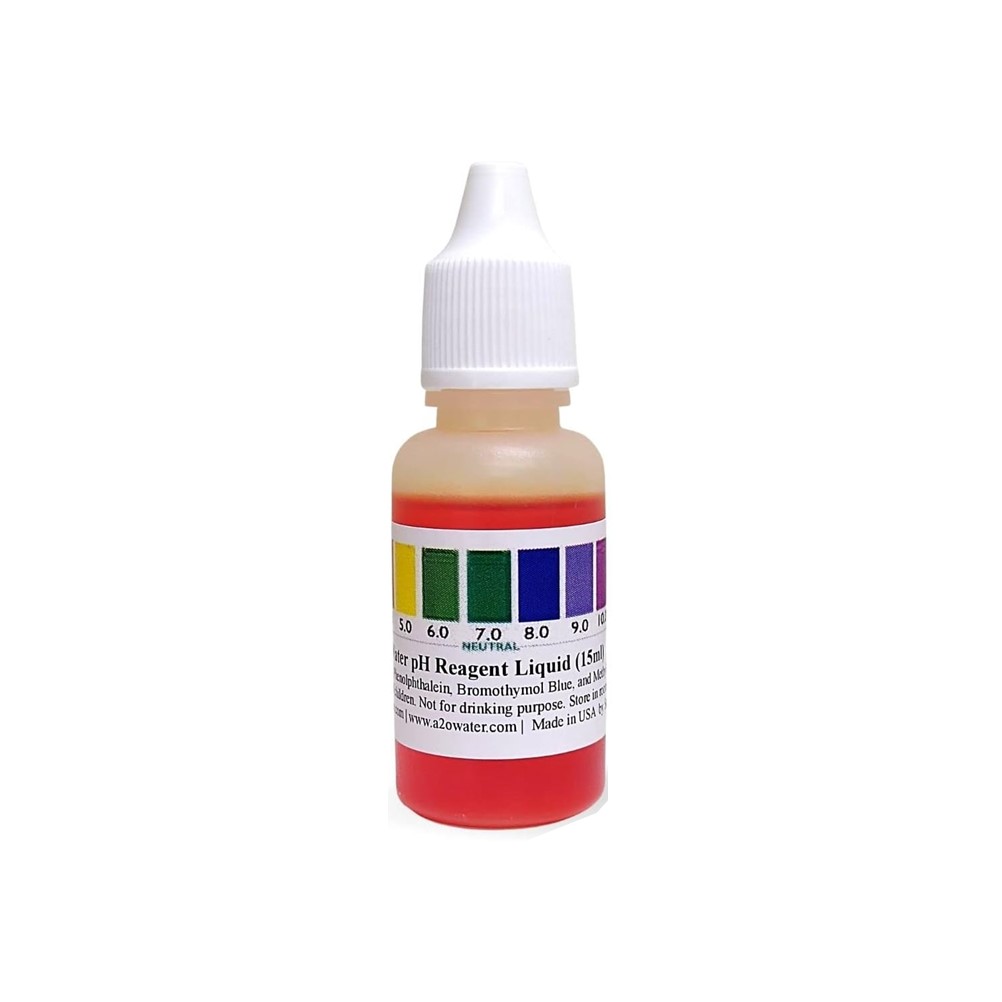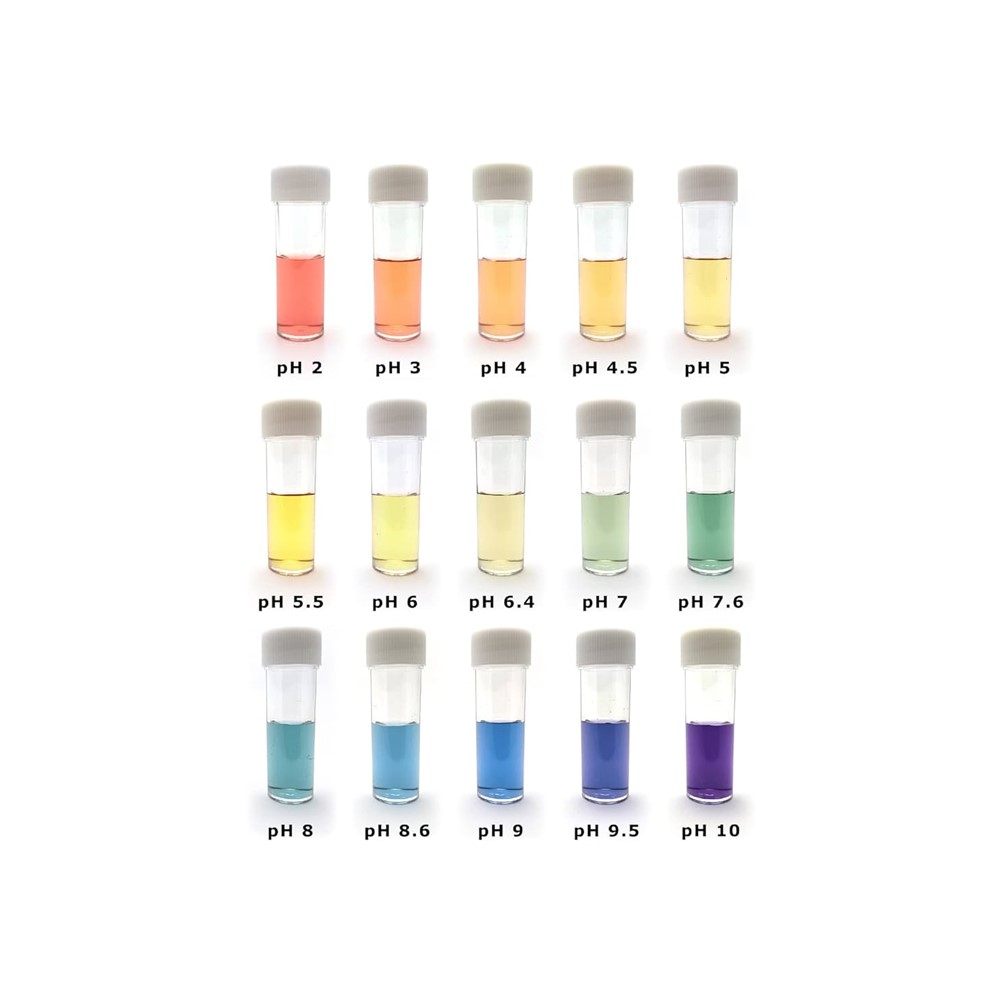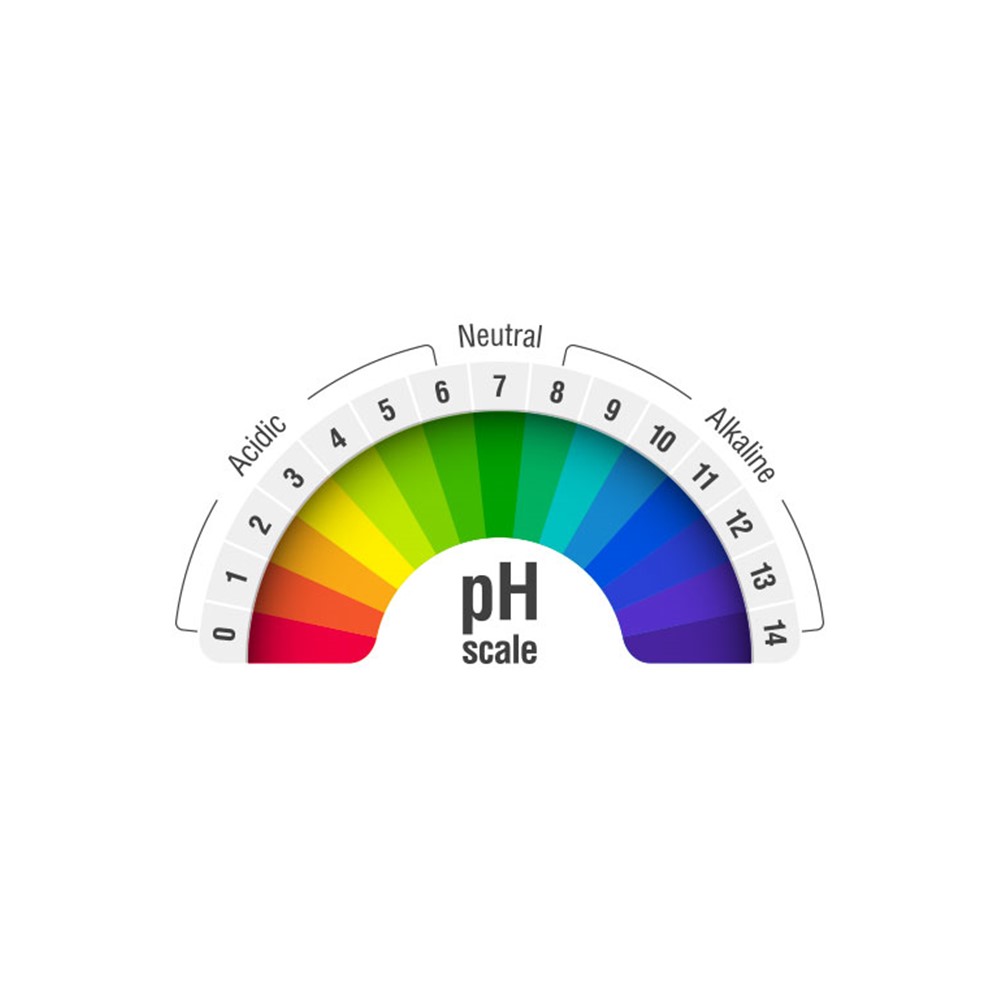The pH and ORP results stated by the manufacturer are from testing in laboratories with conditioned conditions. The results may/will therefore differ from the values adopted by the manufacturers and by us. pH and ORP is highly dependent on the qualities of the water to be used:
- Thus, the starting value of the pH may vary greatly.
- The filter (in mineral ionization) is obsolete.
- In addition, the temperature of the water is never ideal. The lower the temperature, the higher the oxygen content of that water. Since water from our taps never has a value around 2 degrees Celsius, the amount of oxygen in the water is never optimal, so the ORP is also never optimal. Water, depending on its temperature, has a maximum salvaging capacity of 14mg. per liter. Thus, if the water from your tap is around 12 degrees Celsius, it can hold much less oxygen than at the aforementioned 2 degrees Celsius.
- The mineral content and ratios of the various minerals to each other can vary greatly. Without minerals or other matter present, ionization cannot occur because water itself conducts very poorly.
- How many liters of water per minute is the water flow? With ionization, the rule of thumb of: "The slower, the better!



